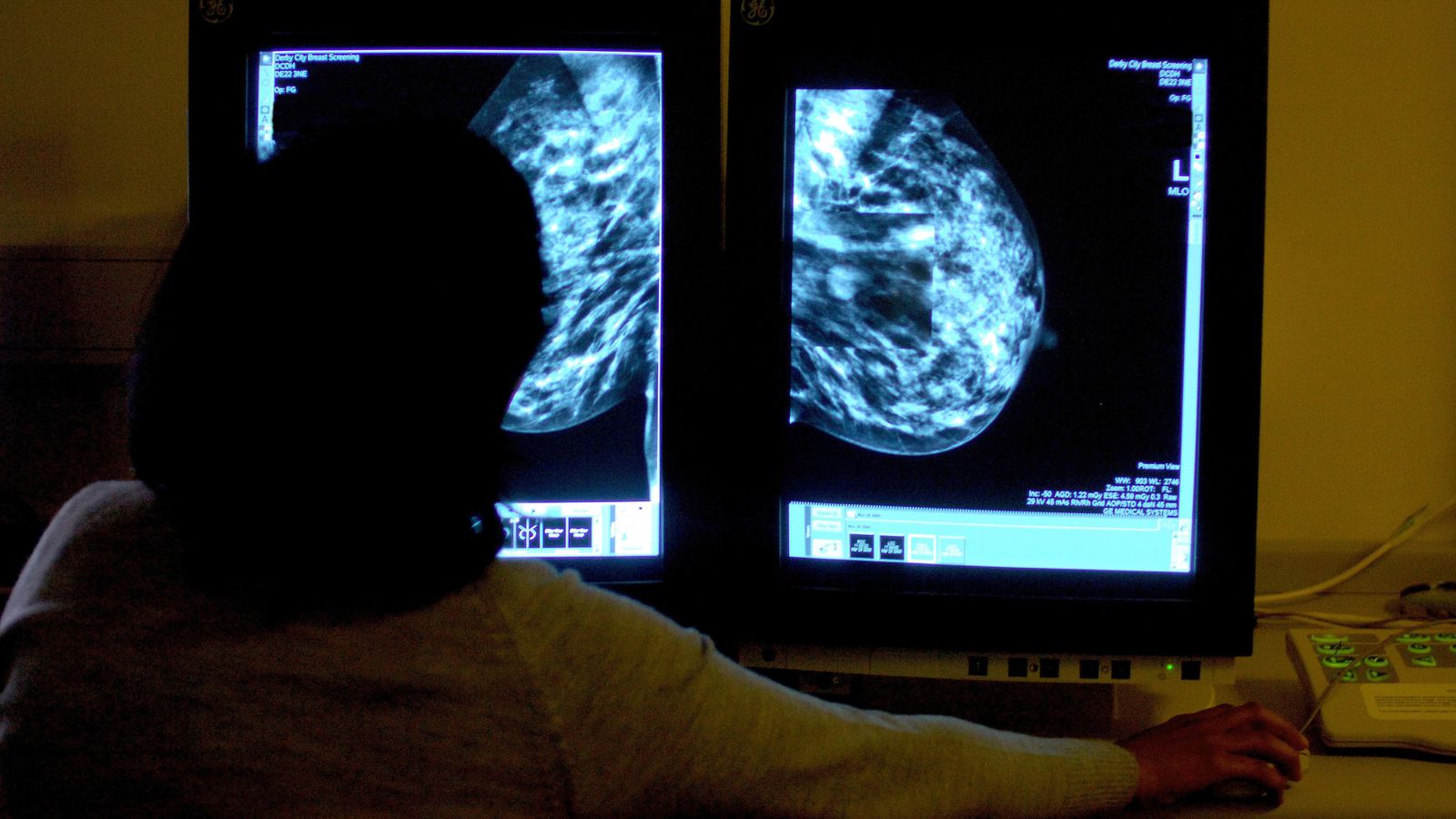More must be done to fight the “broad misperception” black women “don’t suffer as much from breast cancer”, experts have said.
They said the belief can result in the perception “cancer is a white person’s disease”.
Previous studies have found black women are more likely to die from breast cancer compared to their white peers.
They are also more likely to develop more aggressive cancer and be diagnosed when their cancer is at a more advanced stage.
Medics said they wanted more black, Asian and ethnic minority people to participate in breast cancer trials, as they warned people from those backgrounds have been underrepresented in previous studies.
They said they want research into the disease to be “relevant to people we see in the clinic”.
The NHS Race and Health Observatory launched a new campaign alongside Macmillan Cancer Support to improve diversity in breast cancer clinical trials.
Seven-minute cancer treatment jab to be rolled out in England in world-first
Pontypridd: Family of boy, 5, found out he had cancer after fall in park
Strictly Come Dancing’s Amy Dowden reveals sepsis battle during chemotherapy
The project, supported by pharmaceutical giant Roche, aims to raise awareness of the lack of diversity in clinical studies, improve communications and provide longer-term support to patients.
Specialist nurses will be provided at two major cancer hubs – Bart’s Health NHS Trust in London and The Christie NHS Foundation Trust in Manchester – to help guide patients through the process.
Men, who account for 1% of breast cancer patients in the UK, are also being included.
The NHS Race and Health Observatory said there are “multiple barriers” around the recruitment, communication and retention of black, Asian and ethnic minority patients in clinical trials.
It said data show people from ethnic minority backgrounds are poorly represented in many clinical trials.
Be the first to get Breaking News
Install the Sky News app for free
‘Broad misperception’ breast cancer ‘does not run’ in black women’s family history
Dr Habib Naqvi, chief executive of the NHS Race and Health Observatory, said: “There is a broad misperception that black women don’t suffer as much from breast cancer or it does not run in their family history. This can result in the perception that cancer is a white person’s disease.
“We want this pilot to encourage women at risk, those already diagnosed and individuals undergoing post treatment to come forward and share their experiences and get the information needed.”
Charles Kwaku-Odoi, chief executive of the Caribbean African Health Network, said: “Across the black community there is an undoubted legacy of disengagement in research and most certainly clinical trials that stems back decades as a result of mistrust.
“This has not served us well because it leads to a lack of appropriate interventions that perpetuate the grave health inequalities in breast cancer care.
“This partnership approach to build solutions to improve engagement in clinical trials in breast cancer treatment and care is very much welcomed.”








